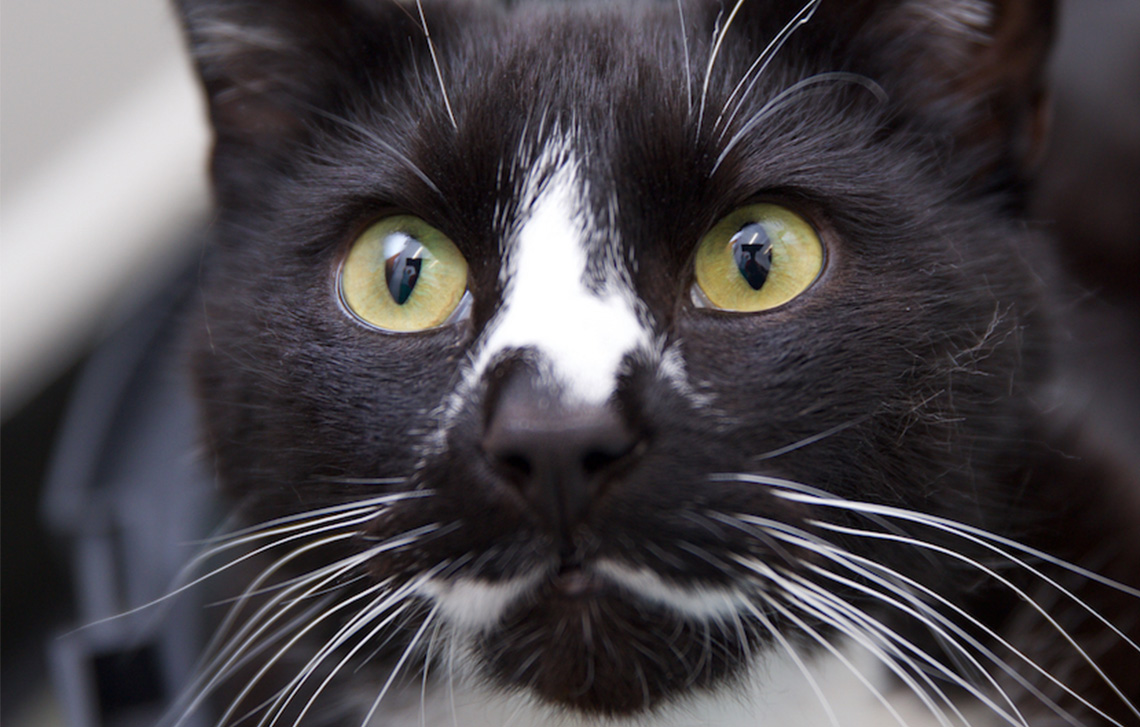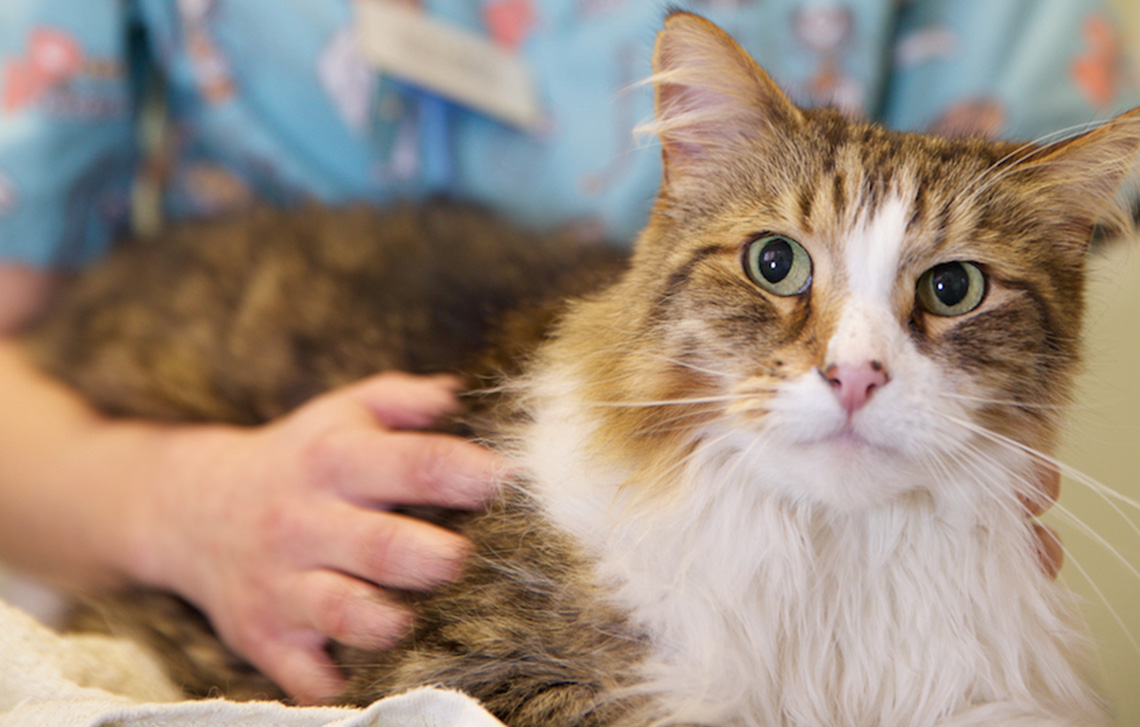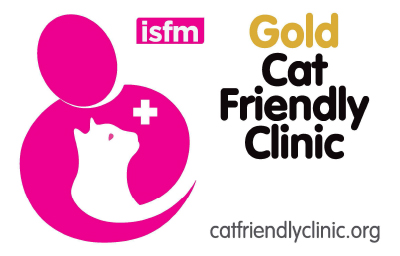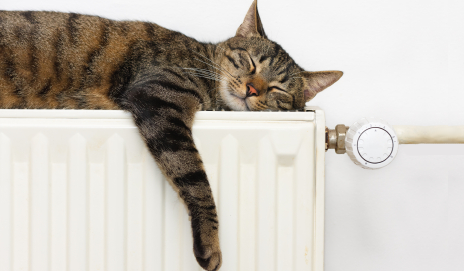
As the winter nights draw in, and the days get colder, on goes the central heating. At this time of year it is easy to negate the flea and worming regime for your cat because parasites really do not like the cold. However, it is at the point when the heating comes on, that fleas… Read more »
As the winter nights draw in, and the days get colder, on goes the central heating. At this time of year it is easy to negate the flea and worming regime for your cat because parasites really do not like the cold. However, it is at the point when the heating comes on, that fleas will again thrive.
5% of the flea problem is seen on your pet as adult fleas, but 95% of the problem will lie in your house; in your carpets, between floorboards and in your soft furnishings. The flea life cycle makes them extremely resilient and they can actually lie dormant in your home for up to 2 years before hatching. This means they are prepped and ready at any point that the conditions are right to hatch out.
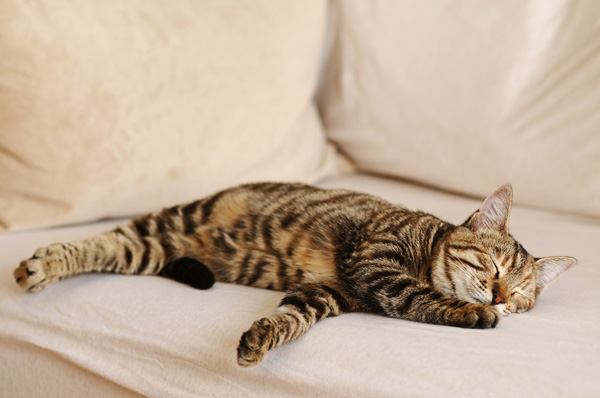
We recommend you treat your cat monthly against fleas, regardless of whether they are indoor or outdoor cats. Treatment options vary, but they can include spot on pipettes (Bravecto, Broadline, Advocate, Advantage), program injection and Seresto collars. All of these contain active ingredients that either kill the flea or prevent larvae from developing, or both. Once the product has been administered as directed, it will then disperse and cover the cat’s body meaning each time a flea bites it will ingest the ingredient.
If fleas have been, or are present in your household, then the chances are that tapeworm is also present. The 2 most common types of worms your cat will pick up are Tapeworm and Round worm.
Tapeworm are associated with fleas so if your cat has fleas, chances are it is infected with tapeworm too. The flea carries the tapeworm egg and when it is ingested by the cat through grooming it will take hold in the body. You will often see small white rice like segments near your cats anus, these segments contain the tapeworm eggs and drop off to continue the life cycle.
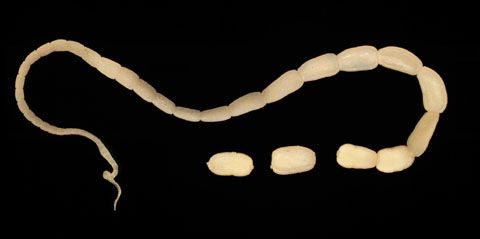
Roundworms are usually ingested through intermediates hosts such as mice. If your cat is out hunting, they will be ingesting roundworms by eating their prey.
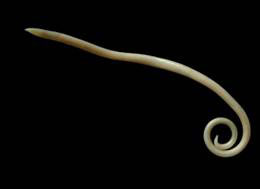
If left untreated and the worm burden becomes heavy, it can cause malnourishment, weight loss, vomiting, bloating, diarrhoea, blood in the faeces and failure to thrive. These symptoms are especially difficult for a young kitten to cope with and can cause lifelong issues if not dealt with appropriately.
We recommend cats get wormed at least once every 3 months if going outdoors, if indoor we recommend every 6 months. Worming treatments are generally given orally but some products are now able to be given by a spot on pipette as well. Worming treatments contain ingredients that kill, or paralyse the worm to release its grip on the stomach/intestinal wall, and then the cat will excrete them.
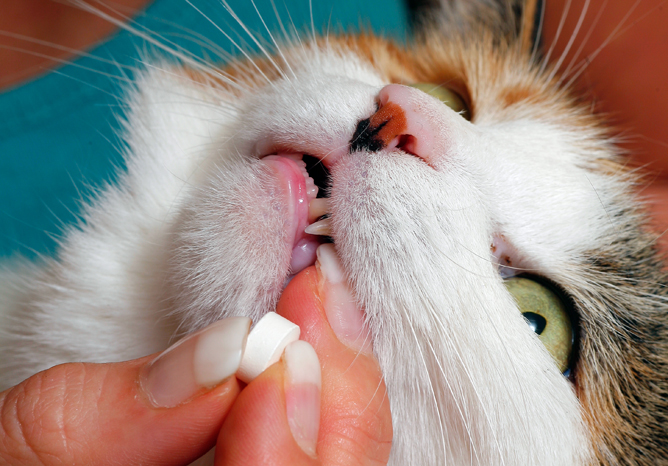
At Cat’s Whiskers Veterinary Clinic we look at each cat on an individual basis so we can provide the best and easiest way to treat them. We understand that some with some cats, owners will not be able to easily administer a tablet, or a spot on pipette. We also know that some cats do not go outside so may not need treatment as regularly as cats that do venture out.
Our Nurse Vicky has appointments available to discuss the best course of treatment for your cat, and discuss the best product for your cat, and for you to administer. Each product sold at Cats Whiskers has undergone a clinical trial to ensure its efficiency and there is quite a variety to choose from.
Please do not hesitate to contact us for any further information or advice.

